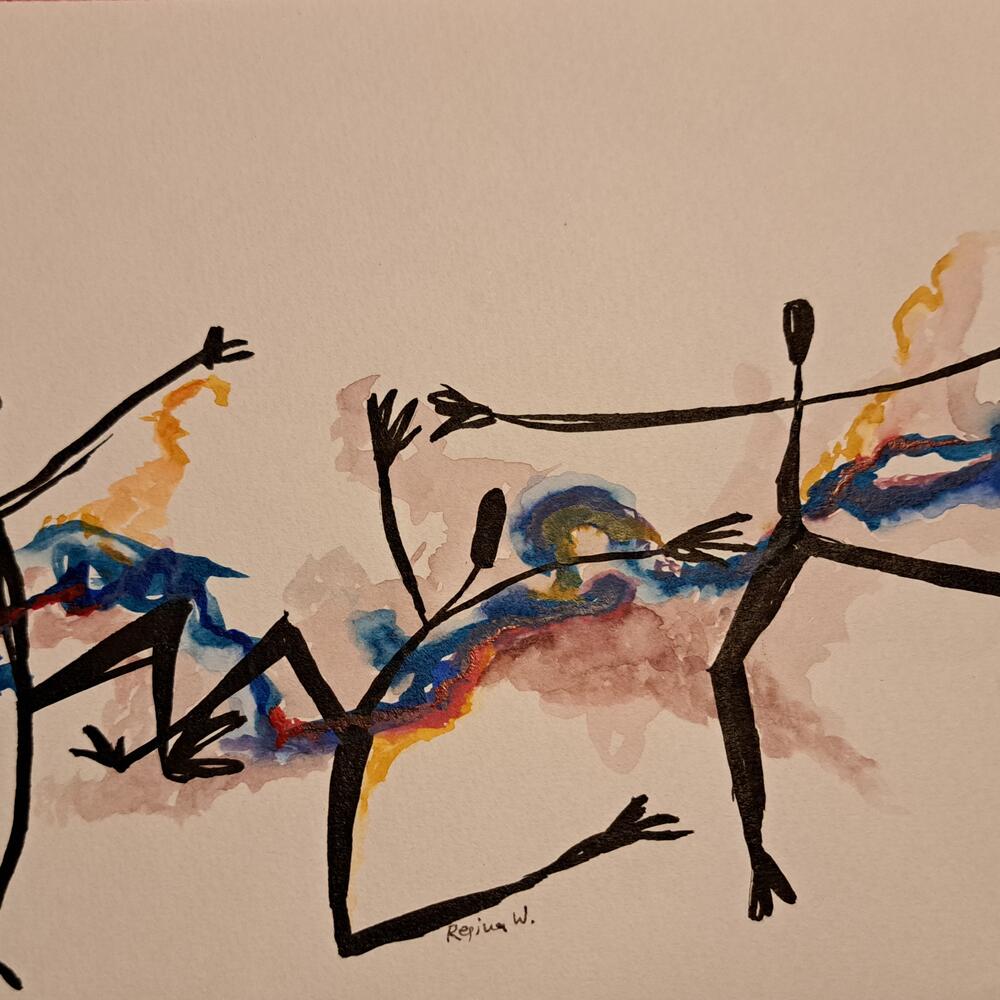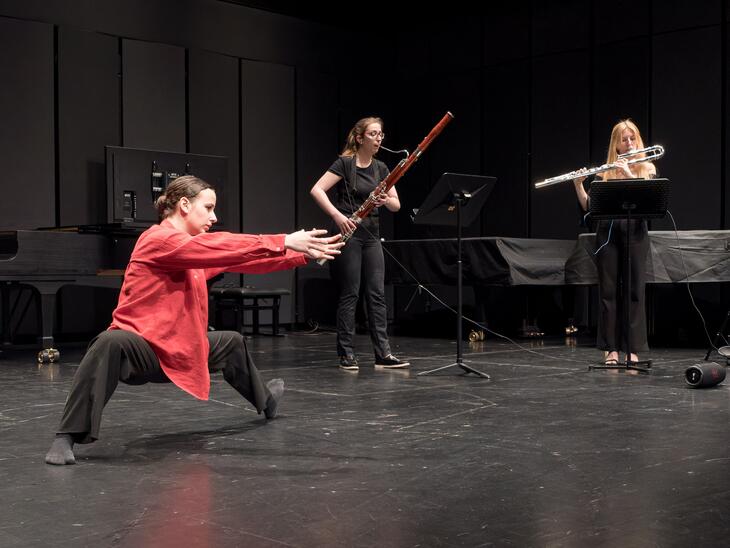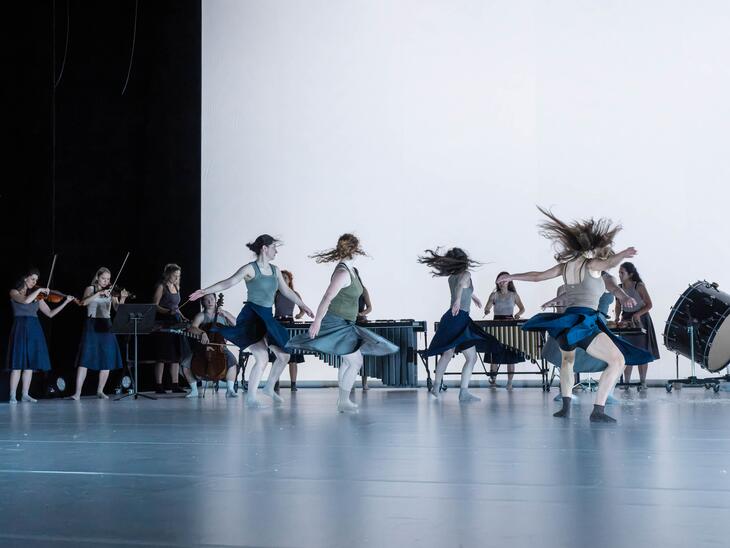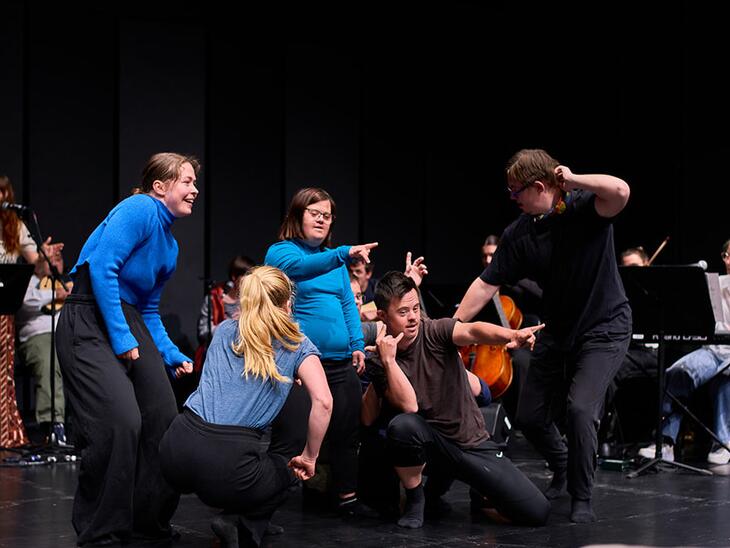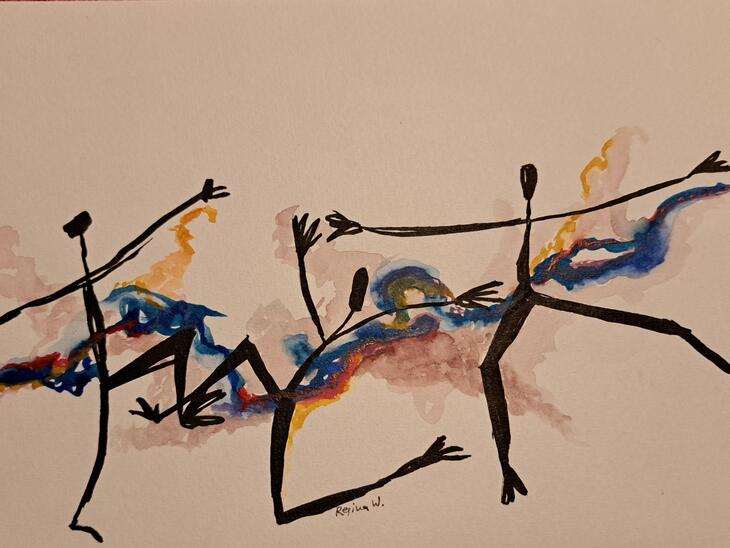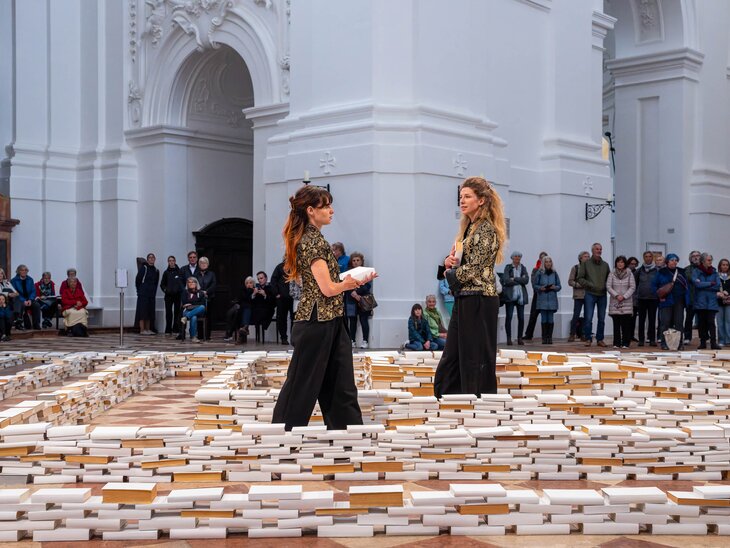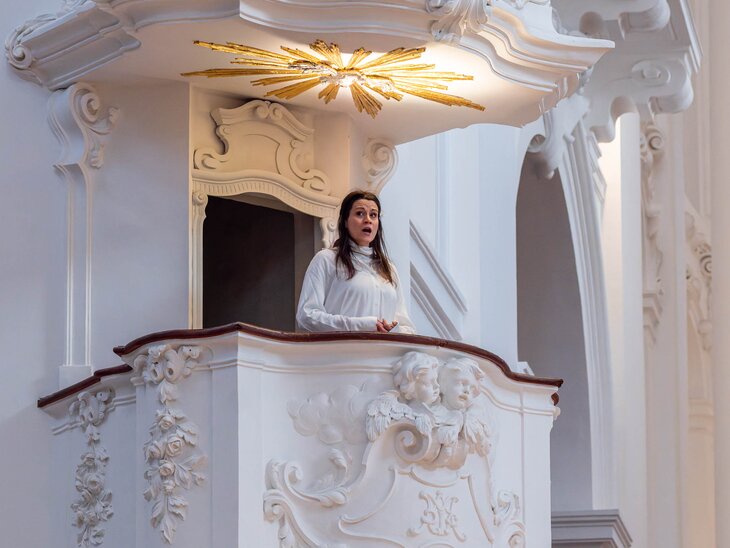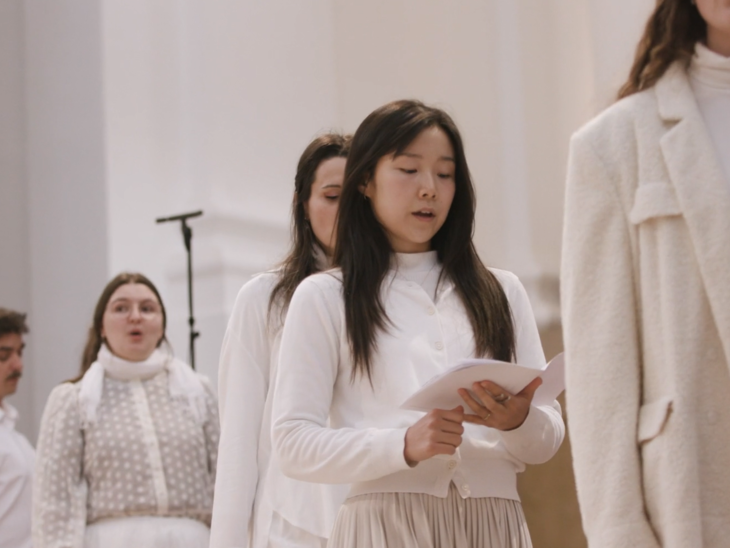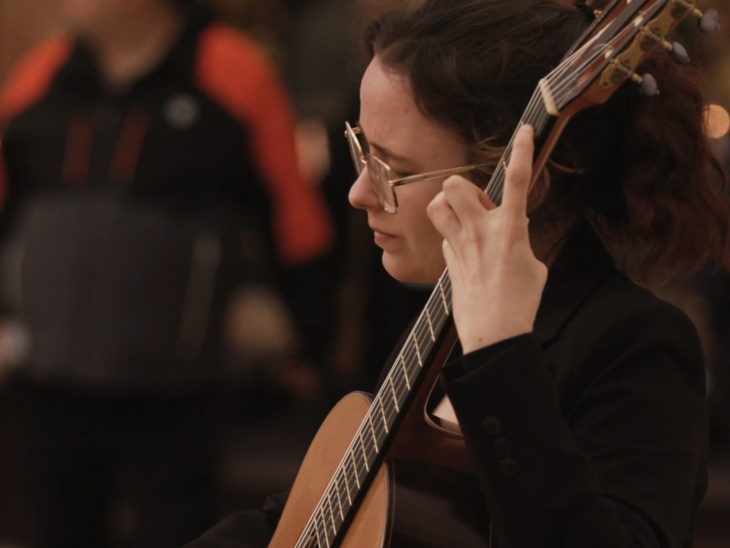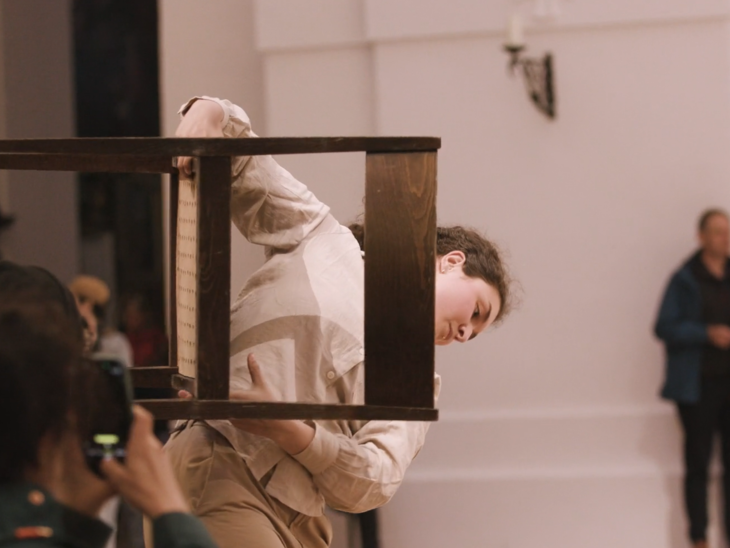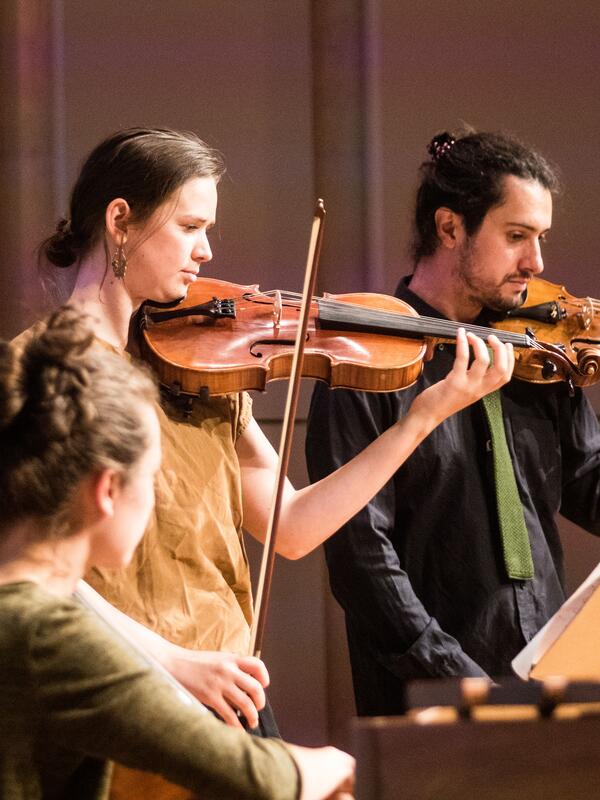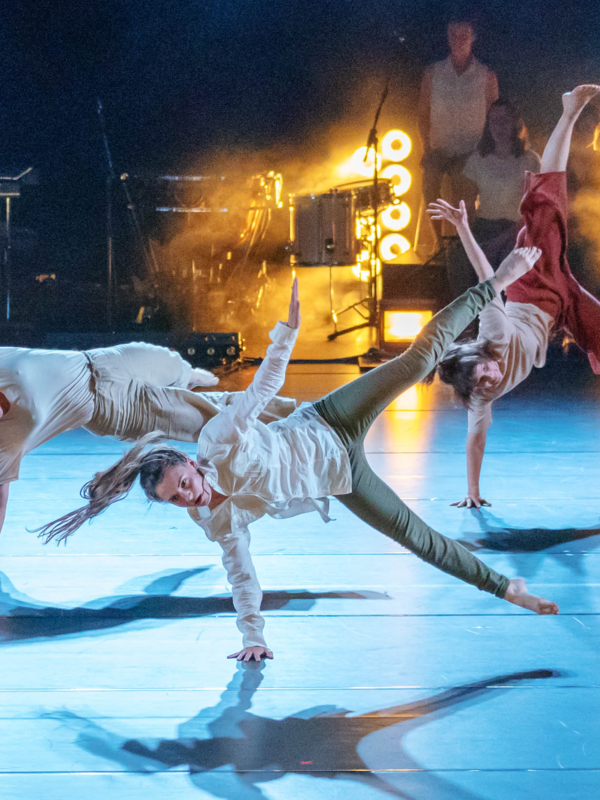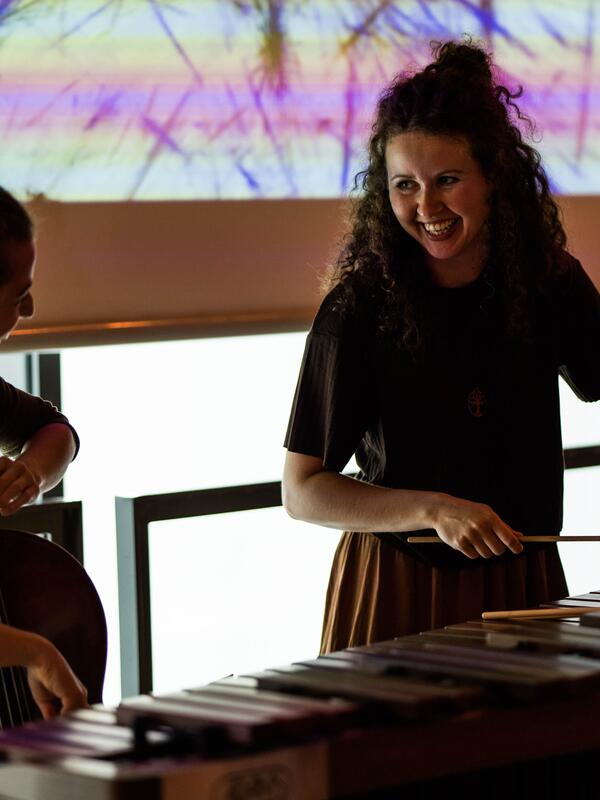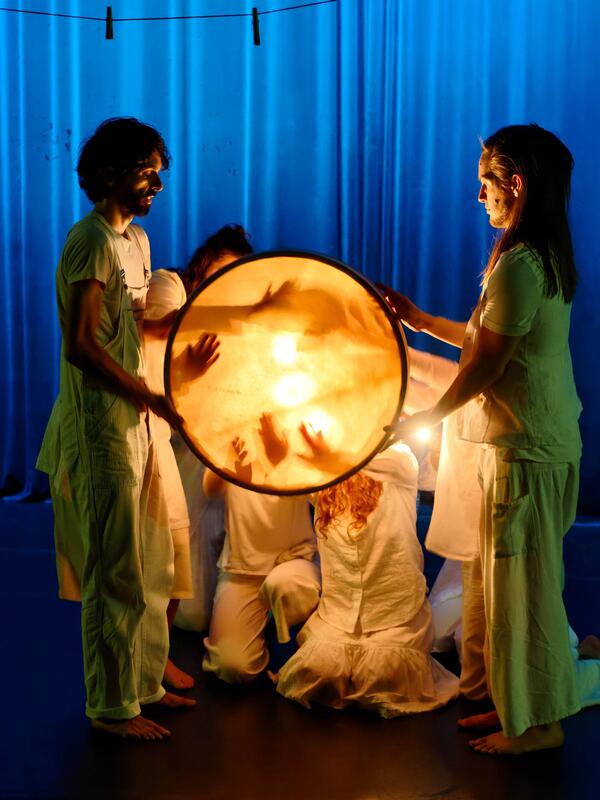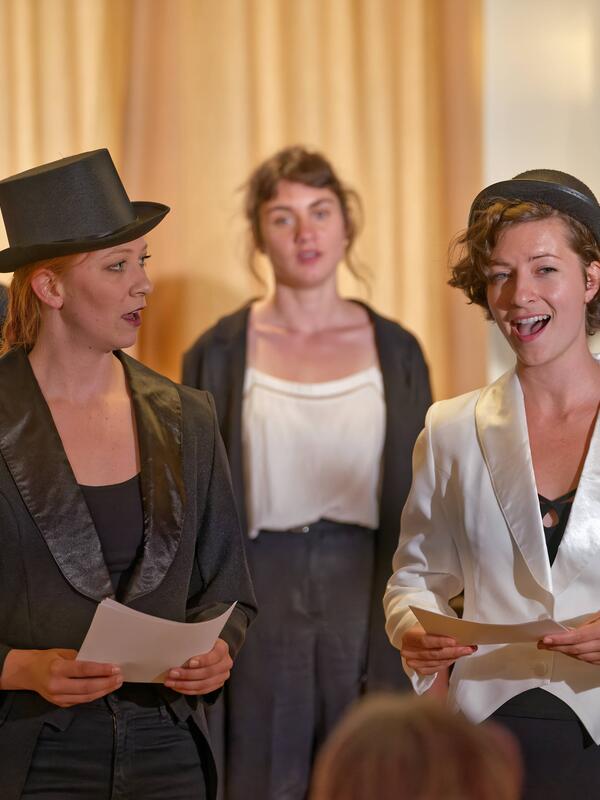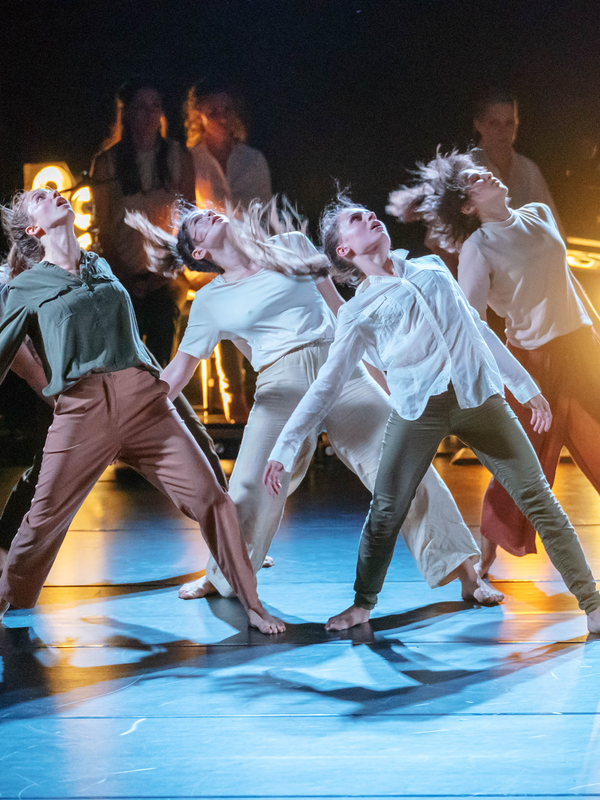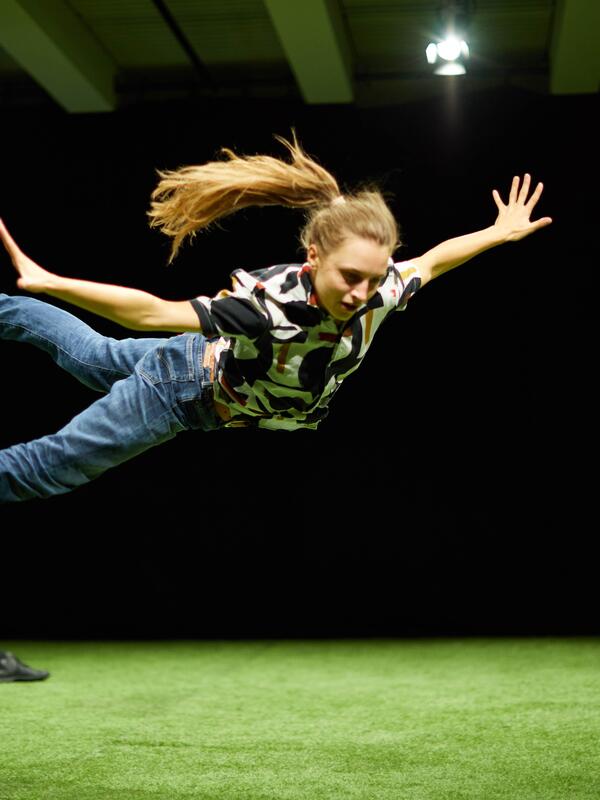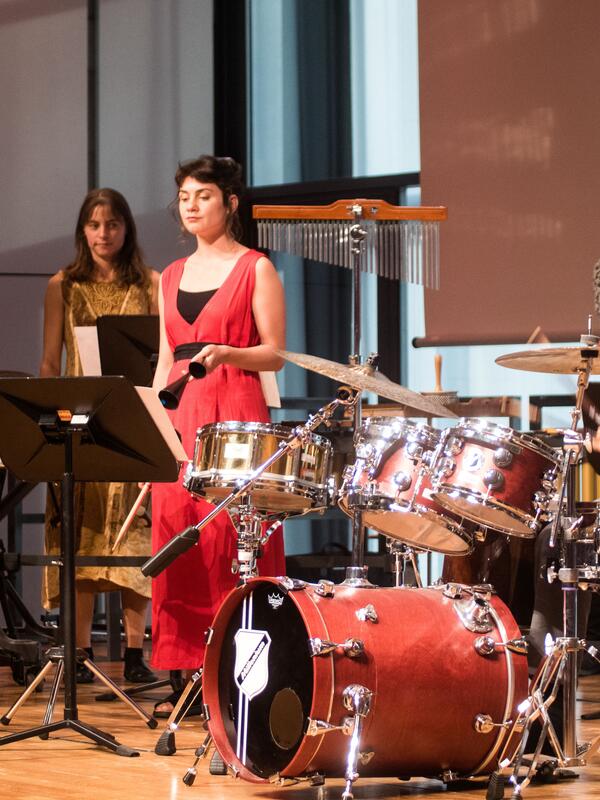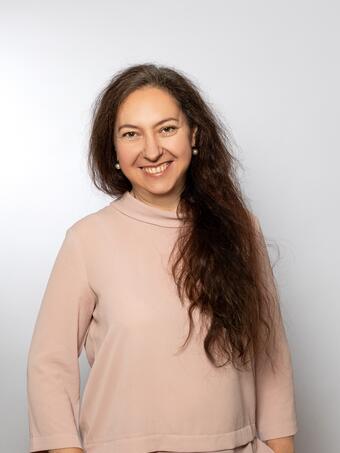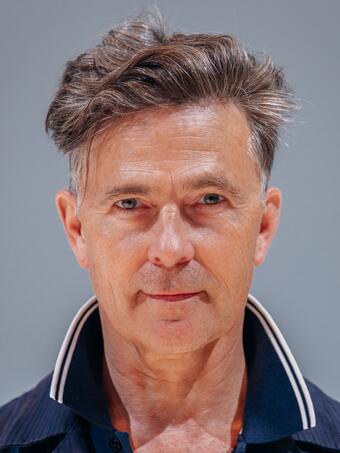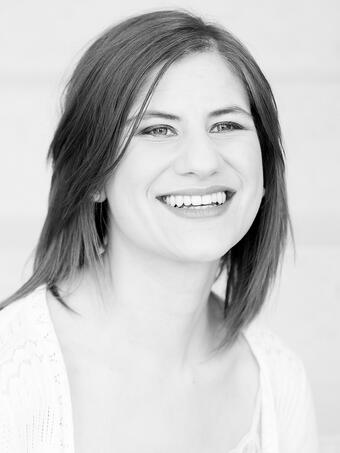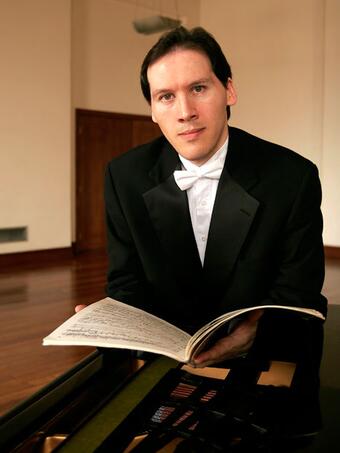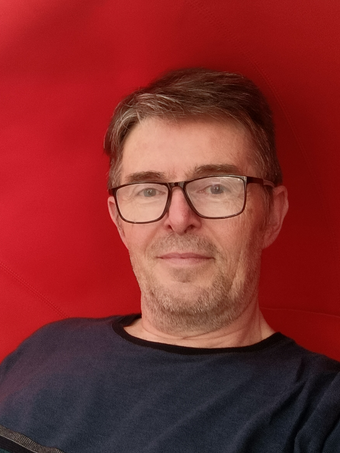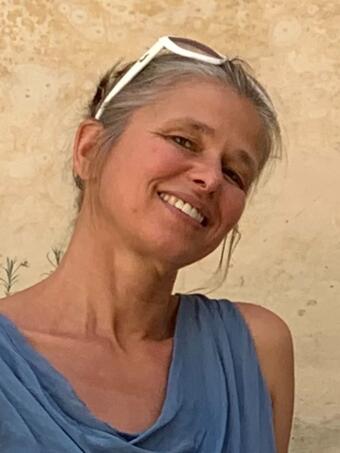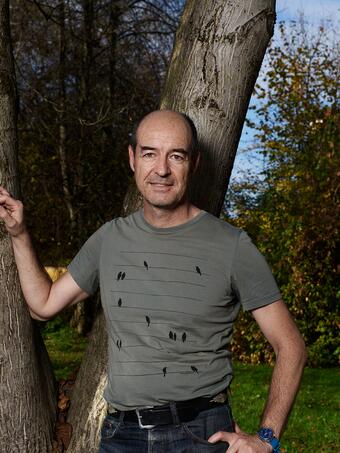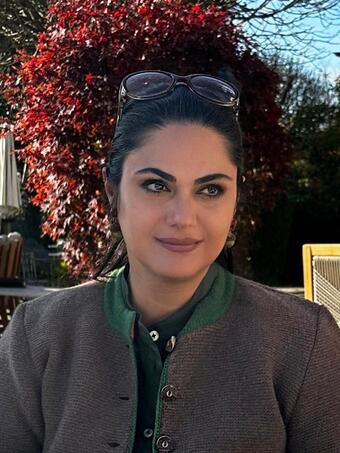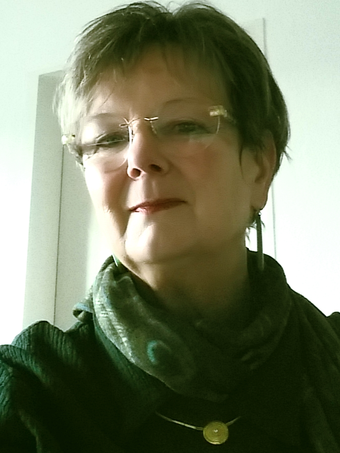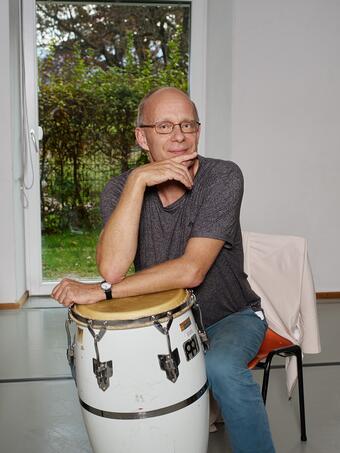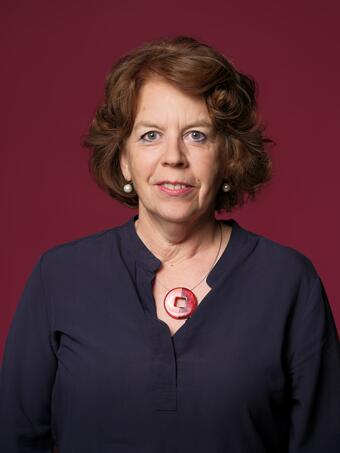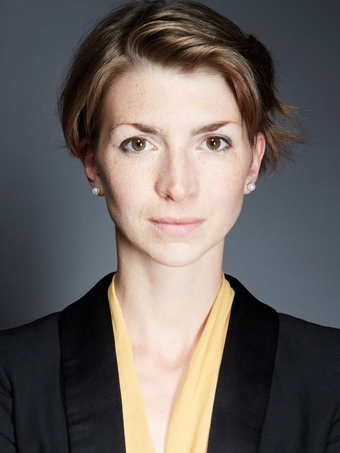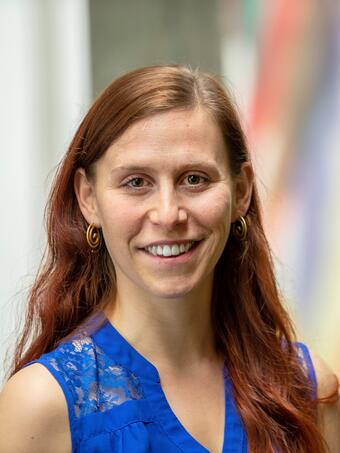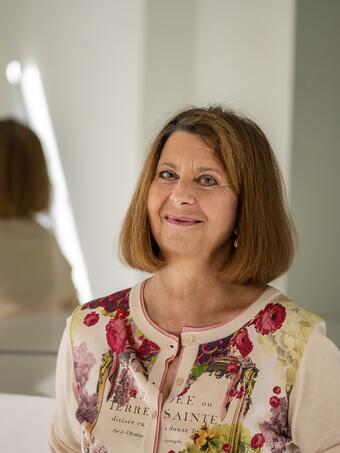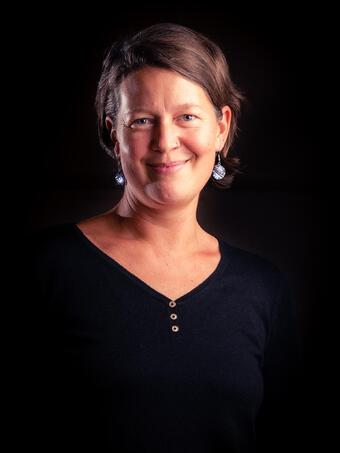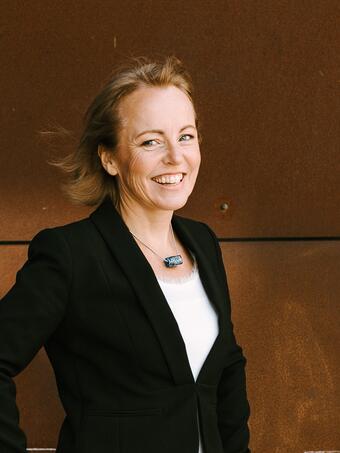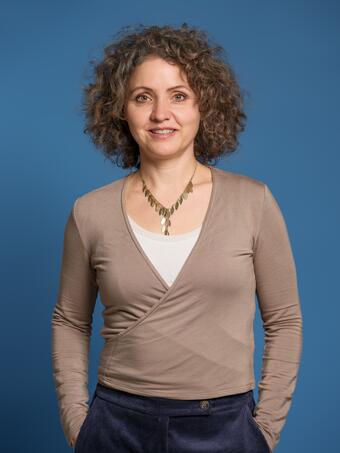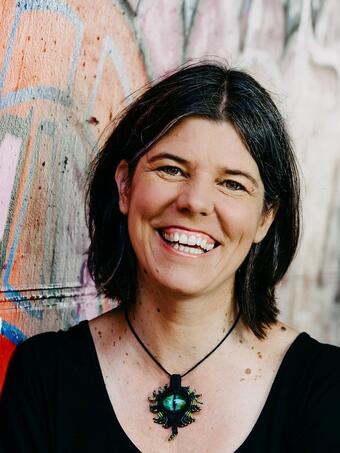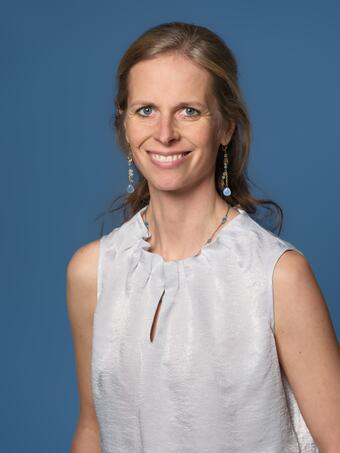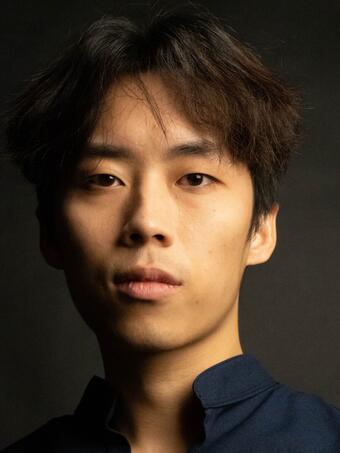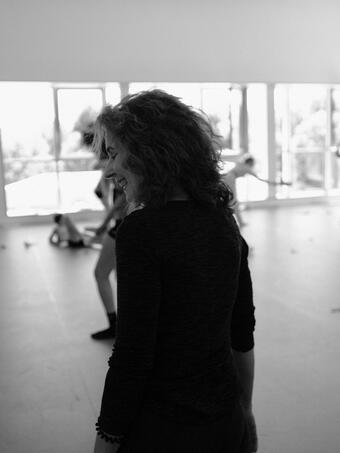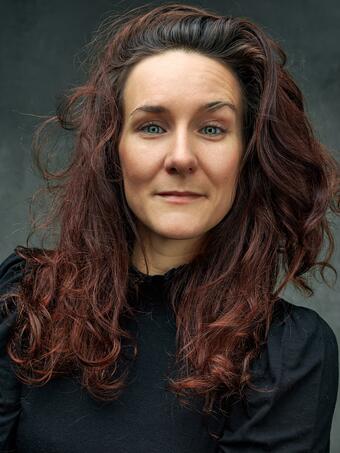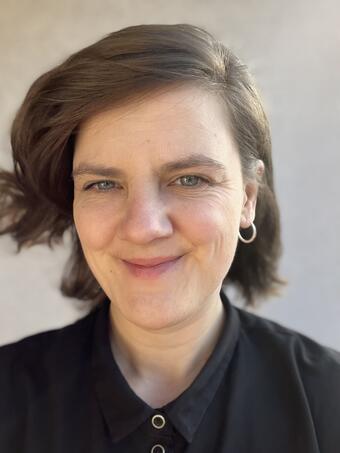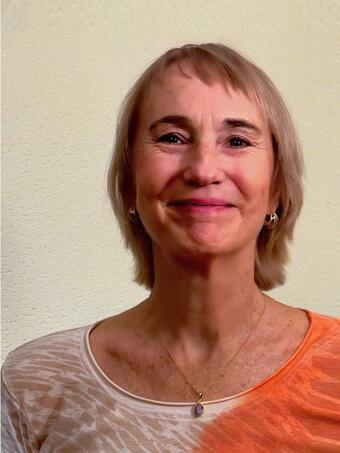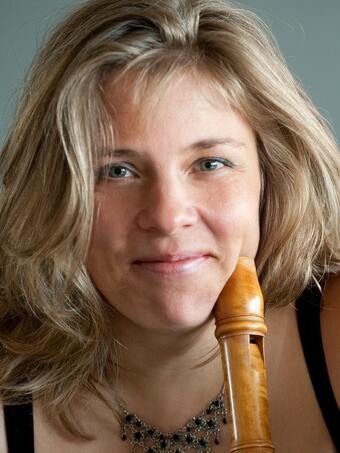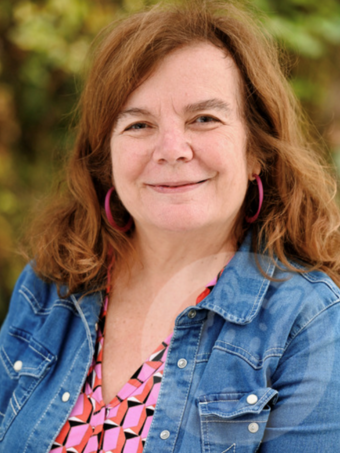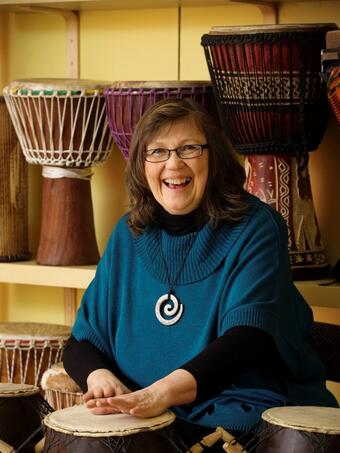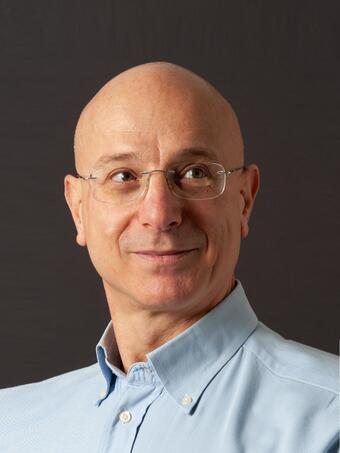Elemental Music & Dance Education - Orff Institute
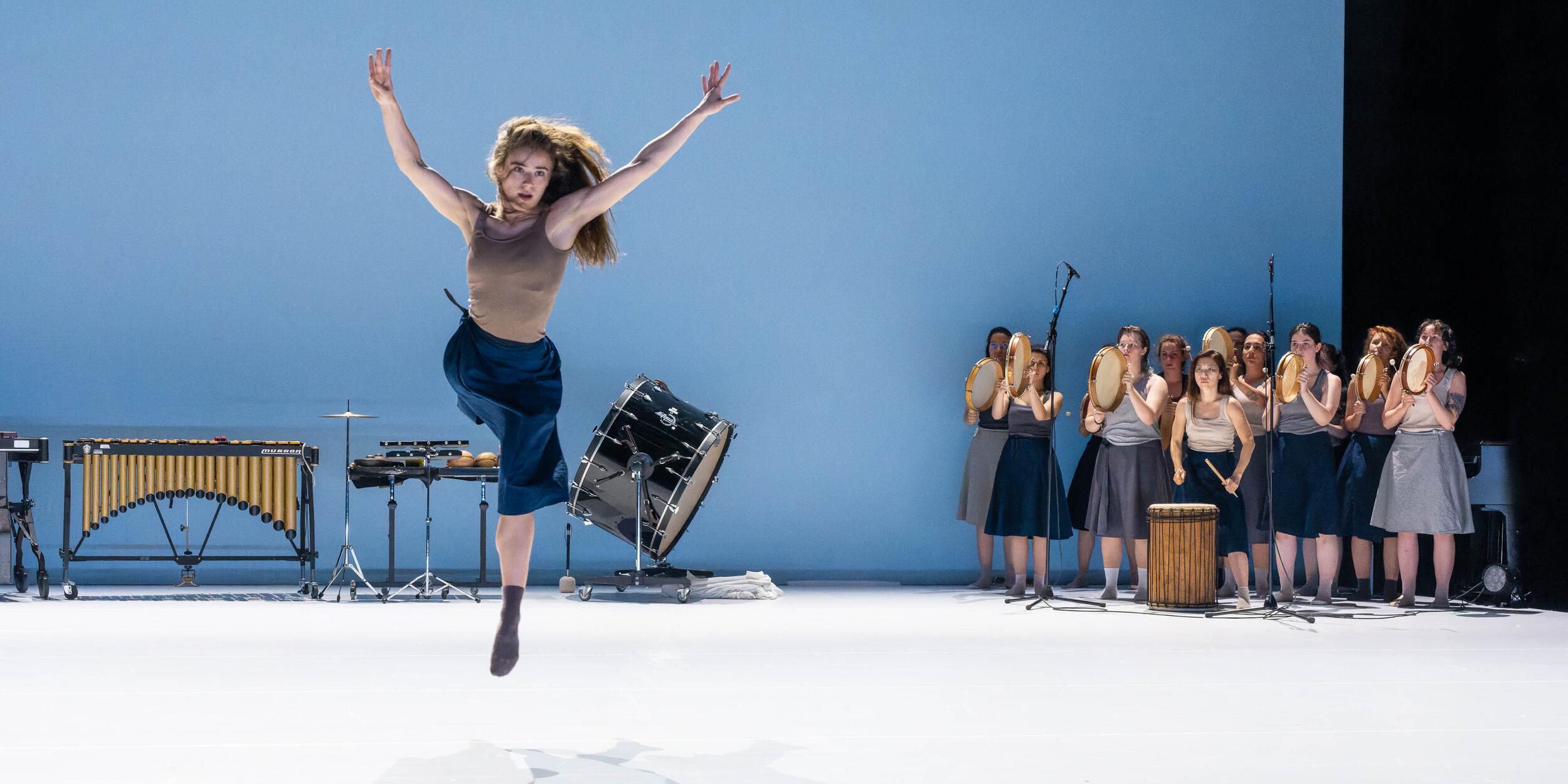
The Orff Institute at the Mozarteum University has distinguished itself through its contemporary arts practice and a pedagogy emphasising creativity. Music, dance and speech are created and taught in an inter- and transdisciplinary way. The examination of social diversity is of central importance and is reflected in the institute's work with different target groups in the area of arts pedagogy, as well as in research.
Frohnburgweg 55
5020 Salzburg
Save the date:
International Summer Course Orff-Institut
July 6-12 2025
About
The study programme for Elemental Music and Dance/Movement Education qualifies students for a variety of fields that combine artistry and pedagogy, both those that are already well established and those which the future could bring.
The institute is particularly committed to the scholarly and artistic development of music and dance education, and has set itself the task of keeping alive the tradition of the Orff Schulwerk, including documenting it and developing it further. The Orff Institute is a place of research-led teaching and the centre of a worldwide network of music and dance education.
Courses
Events
-
11.3.202607:00 pmGunild-Keetman-SaalSocial Justice: Alpha Males & TradwivesDie Social-Media-Landschaft wird von zugespitzten Darstellungsweisen geprägt, die Geschlechterrollen bewusst vereinfachen und polarisieren: Alpha Males inszenieren sich als hyperdominante „echte Männer“ und stilisieren ihre Überlegenheit zum vermeintlichen Gegenmodell gesellschaftlichen Wandels.Performance· Free entry (Opens in new tab)
-
16.3.202606:00 pmOnlineStudy Information: Orff InstituteInteressierte haben die Gelegenheit, Lehrende und Studierende kennen zu lernen, Infos zum Studium und zum Orff-Institut zu erhalten und Fragen zu stellen.Info event· Free entry (Opens in new tab)
-
13.5.2026Orff-InstitutProfilfach Musik-Bewegung-Stimme (Lehramt Musik) - SchnuppertagInteressierte des Lehramstudiums Musik können sich durch Zusehen und Miterleben des Unterrichts ein umfassendes Bild des Studiums und speziell des Profilfaches „Musik-Bewegung-Stimme“ im Lehramt machen und sich auf die Zulassungsprüfung (heuer oder im kommenden Jahr) vorbereiten. Sie können in verschiedene Unterrichte hineinschnuppern und Beratungsgespräche führen.Info event· Free entry (Opens in new tab)
Gallery
Publications
Kalcher, A. M. (2025). Elementare Medizin? Gesundheitsaspekte musikalisch-tänzerischer Bildungsprozesse. [Elemental medicine? Health aspects of music and dance education processes.] Musik-, Tanz- & Kunsttherapie, 35, 175–186.
Kalcher, A. M. (2025). Wie klingt ein Sesselorchester? Durch kreativen Musikunterricht Fantasie und Gestaltungskompetenz fördern. Erziehung & Unterricht, 175(7-8), 608-615.
2024
- Zwischen Empirie und Fantasie. Texte verfassen im Kontext ästhetischer Bildung [Between empiricism and fantasy. Writing texts in aesthetic contexts]. In K. Anzengruber, A. Bernhofer & M. Losert (Hrsg.), Ästhetik und Musikunterricht (= Einwürfe. Texte zu Musik – Kunst – Pädagogik) (pp. 157-178). Wien: LIT
- Kalcher, A. M. (2024). Von der Fußnote in den Fließtext. Tanz an Schulen ins Blickfeld ziehen. Musikpädagogik, 77 (1), S. 6–9.
- Valtiner-Pühringer, D. & Weger-Purkhart, A. (2024). Tanz – Schule – Vielfalt. Musikpädagogik, 77 (1), S. 31–34.
2023
- Esterbauer, E. (2023). The Significance of Relationships in Inclusive Music and Dance Lessons. Orff-Schulwerk International, 2 (2), S. 41–47.
- Kalcher, A. M. (2023). Singing, playing, dancing: Creativity viewed from the perspective of oscillation theory. In V. Kinsky & W. Rohrer (Hrsg.), Childhood and Music Making. Exploring – Communications – Improvising (MERYC22 Proceedings), S. 81–90. https://meryc.eu/wp-content/uploads/2023/09/Proceedings22_2.pdf
- Kalcher, A. M. (2023). Ästhetische Qualitäten kreativer Arbeiten. Reflexionen aus der Elementaren Musik- und Tanzpädagogik und anderer Ansätze. In A. Eschen & M. Losert (Hrsg.), Gute Musik? Ästhetische Qualitäten von Musik im Unterricht (= Einwürfe. Texte zu Musik – Kunst –Pädagogik) (S. 127–149). Wien: LIT
- Kalcher, A. M. (2023). The impact of social skills on group creativity. In: A. Sangiorgio (Hrsg.), Creative interactions. Creative learning, creative teaching, and teaching for group creativity in music education (S. 32–41). Open Access Book. University of Music and Theatre Munich.
- Kalcher, A. M. (2023). Musik und Tanz. Spontaner Ausdruck und unverzichtbares Bildungsangebot. Unsere Kinder, 2, S. 4–9.
2022
- Esterbauer, E. (2022). Elemental music and dance for inclusive mixed-abled settings. In K. VanWeelden, M. Breaden & E. Esterbauer (eds.), Hear our voices. Sound of Possibility: Hear our voices. Proceedings of the Special Music Education and Music Therapy Commission’s Online Pre-Conference Seminar (S. 57–67). o.O: ISME.
- Kalcher, A. M. & Tischitz-Winklhofer, B. (2022). Musik bewegt bis ins hohe Alter. Musikgeragogische Potenziale der Elementaren Musik- und Tanzpädagogik. In H. Henning & K. Koch (Hrsg.), Vielfalt. Musikgeragogik und interkulturelles Musizieren (S. 24–36). Münster: Waxmann.
- Kalcher, A. M. (2022). Orffs künstlerisch-pädagogischer Ansatz aus kreativitäts- und lerntheoretischer Sicht. In A. M. Kalcher (Hrsg.), Kunst trifft Pädagogik. Orff im Wandel der Zeit (= Orff - Forschung und Diskurse, Bd.1) (S. 159–175). Wiesbaden, Reichert.
- Kalcher, A. M. (2022). Bedeutende und spezifische Beiträge. Frauen als wichtige Impulsgeberinnen der Elementaren Musikübung. In I. I. Berg & F. Hoffmann (Hg.), Das Lehren lernen - Instrumentalpädagogik auf dem Weg ins 20. Jahrhundert (S. 155–167). Mainz: Schott.
2021
- Esterbauer, E. (2021). Inklusive künstlerische Bildung – ein besonderes Feld für Kooperation, Kollaboration und Networking. In A. Bernhofer, M. Losert & H. Schaumberger (Hg.), Kooperation, Kollaboration und Netzwerke. Zusammenarbeit in musikpädagogischen Kontexten (S. 154–168). Wien/Berlin: LIT.
- Kalcher, A. M. (2021). Soziale Kompetenzen als Schlüssel für kollaborative Kreativität? In A. Bernhofer, M. Losert & H. Schaumberger (Hg.), Kooperation, Kollaboration und Netzwerke. Zusammenarbeit in musikpädagogischen Kontexten (S. 192–210). Wien/Berlin: LIT.
- Kalcher, A. M. (2021). Reflecting on Musical Creativity Using the Dynamics of Oscillating Processes. In, S. Vidulin, Sabina (Hg.), Music Pedagogy in the Context of Present and Future Changes 7. Multidisciplinary Crossroads. Researches in Music Education, S. 535–546.
- Kalcher, A. M. (2021). Kreativitätsrelevante Potenziale befördern. In N. Bailer & K. Pecher-Havers (Hg.), Entfaltungsräume. Förderung musikalischer Potenziale im Unterricht (S. 93–112). Münster: Waxmann.
2020
- Esterbauer, E. (2020a). Einschätzung von Beziehungsqualität als Grundpfeiler inklusiven Arbeitens. Das EBQ-Instrument in der Praxis. In H. Henning (Hg.), All Inclusive?! Aspekte einer inklusiven Musik- und Tanzpädagogik (S. 67–78). Münster: Waxmann.
- Esterbauer, E. (2020b): Seeing is believing? Qualitative Videoanalyse im künstlerisch-pädagogischen Feld. In E. Esterbauer & A. Bernhofer (Hg.), Ist Kunst ein Sonderfall? Qualitative Forschungsansätze in den künstlerisch-pädagogischen Fächern (S. 147–174). Wien/Berlin: LIT.
- Esterbauer, E. & Bernhofer, A. (2020). Künstlerische Pädagogik – ein Sonderfall im Forschungsfeld? In E. Esterbauer & A. Bernhofer (Hg.), Ist Kunst ein Sonderfall? Qualitative Forschungsansätze in den künstlerisch-pädagogischen Fächern (S. 7–14). Wien/Berlin: LIT.
- Bernhofer, A. & Esterbauer, E. (2020). Schnittstelle Kunst – künstlerisch-pädagogische Disziplinen im Diskurs. In E. Esterbauer & A. Bernhofer (Hg.), Ist Kunst ein Sonderfall? Qualitative Forschungsansätze in den künstlerisch-pädagogischen Fächern (S. 221–233). Wien/Berlin: LIT.
- Kalcher, A. M. (2020a). „Elementarbegriff". In M. Dartsch, C. Meyer & B. Stiller (Hg.), Lexikon Elementare Musikpädagogik (S. 77–82). Innsbruck: Helbling.
- Kalcher, A. M. (2020b). „Kreativität". In M. Dartsch, C. Meyer & B. Stiller (Hg.), Lexikon Elementare Musikpädagogik (S. 293–299). Innsbruck: Helbling.
- Kalcher, A. M. (2020). Zur Genese musikbezogener Identitäten. Perspektiven aus Entwicklungspsychologie und Musikpädagogik. In F. Gmainer-Pranzl & B. Mackinger (Hg.), Identitäten. Zumutungen für Wissenschaft und Gesellschaft (= Salzburger Interdisziplinäre Diskurse, Bd. 15) (S. 407–424). Berlin u.a.: Peter Lang.
- Kalcher, A. M. (2020). Potenziale zeitgenössischer Musik für elementar-musikalische Bildungsprozesse. In K. Grebosz-Haring, S. Heilgendorff & M. Losert (Hg.), Vermittlung zeitgenössischer Musik (S. 185–202). Mainz: Schott.
- Kalcher, A. M. (2020). Musikalisch-kreative Leistungen erfassen und bewerten – Perspektiven aus der Kreativitätsforschung. In M. Schwarzbauer & K. Steinhauser (Hg.), ,Nur’ Geschmacksache? Der Umgang mit kreativen Leistungen im Musik- und Kunstunterricht (S. 50–63). Wien: LIT, S. 50-63
- Weger-Purkhart, A. (2020). Kompetenzorientiert Tanz bewerten? In M. Schwarzbauer & K. Steinhauser (Hg.), ,Nur’ Geschmacksache? Der Umgang mit kreativen Leistungen im Musik- und Kunstunterricht (S. 269–277). Wien: LIT.
